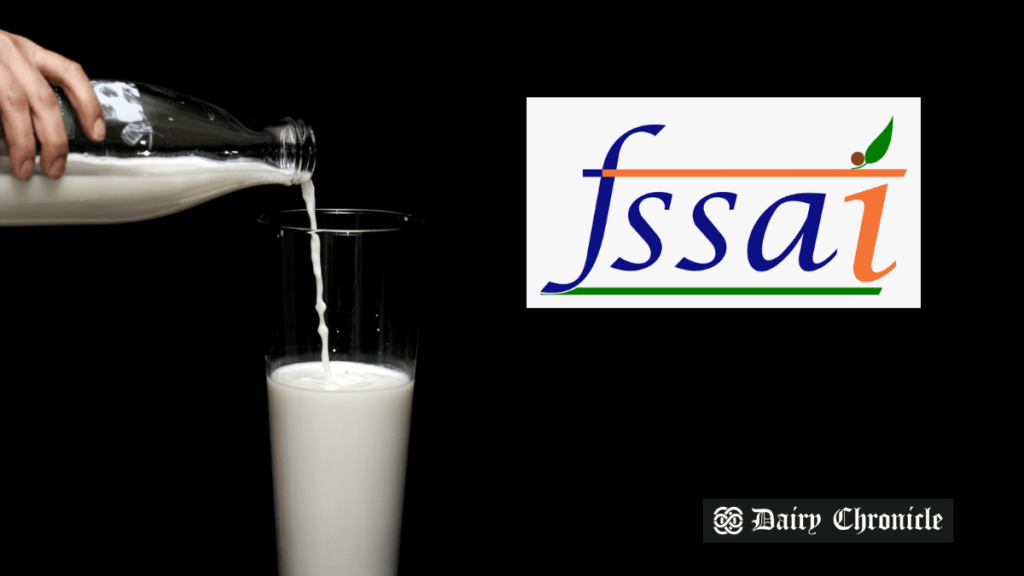The Food Safety and Standards Authority of India (FSSAI) has mandated the registration of primary milk producers to enhance milk safety and traceability, targeting the unorganized dairy sector. This initiative aims to raise awareness about clean milk production, reduce contaminants, and improve overall milk quality.
The Food Safety and Standards Authority of India (FSSAI) has announced a new registration mandate for primary milk producers, aimed at boosting milk safety, traceability, and quality across the country’s dairy sector. This initiative primarily targets the unorganized segment of the dairy industry, particularly small and marginal dairy farmers, to raise awareness about clean milk production and tackle prevalent issues related to contaminants, hormones, and antibiotics in milk.
By implementing this registration requirement, the FSSAI aims to educate farmers on best practices for hygienic milk production. Key focus areas include maintaining sanitary conditions during milking, proper handling of equipment, and ensuring hygienic storage and transport of milk. The initiative will be supported by training programs designed to reduce microbial contamination at the source, helping ensure that milk reaches consumers in a safer and fresher condition.
One of the significant challenges the FSSAI seeks to address through this notification is the widespread use of contaminants and growth hormones in milk production. Over time, the new system will enforce strict protocols that limit the use of antibiotics and hormones in dairy animals, ensuring that any residual effects do not enter the milk supply. Additionally, the FSSAI plans to introduce regular inspections and monitoring to detect and prevent contamination at the farm level early.
Milk testing at collection points will also be considered to enhance surveillance, allowing for the identification of adulterated or contaminated milk before it enters the broader supply chain. This step is crucial for mitigating health risks associated with unsafe milk consumption, which can lead to issues such as antibiotic resistance and exposure to harmful chemicals.
The registration system aims to improve traceability, enabling every batch of milk to be traced back to its source. This will facilitate better control over milk quality, faster identification of contamination or adulteration issues, and improved identity preservation—ensuring that milk marketed as cow, buffalo, A2, organic, or hormone-free genuinely meets those claims.
By holding primary milk producers accountable and ensuring adherence to standardized practices, the FSSAI’s initiative is set to enhance the overall quality and safety of milk in India. This move aligns with global best practices for food safety, helping the country’s dairy sector meet international standards and build consumer trust.
In summary, the FSSAI’s recent notification is a pivotal step toward achieving clean milk production in India. By formalizing the registration of primary milk producers and enforcing hygiene standards, this initiative will significantly reduce contaminants, enhance milk safety, and improve traceability throughout the dairy supply chain, benefiting both farmers and consumers.



